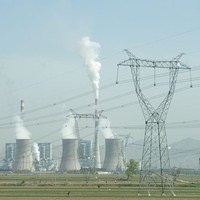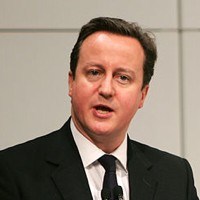
With only days to go before Armenia’s Feb. 18 presidential election, all signs point to a victory for incumbent President Serzh Sargsyan. Should he be re-elected as expected, Armenia will most likely maintain its status quo, which saw Yerevan open modestly to the West and Euro-Atlantic initiatives but ultimately remain bound to its longstanding alliance with Moscow. Sargsyan is likely not only to win the election handily but also to easily clear the 50 percent threshold required to prevent a second-round runoff. With Armenia’s opposition badly fractured and handicapped by the noncandidacies of two of the most credible opposition figures […]
















